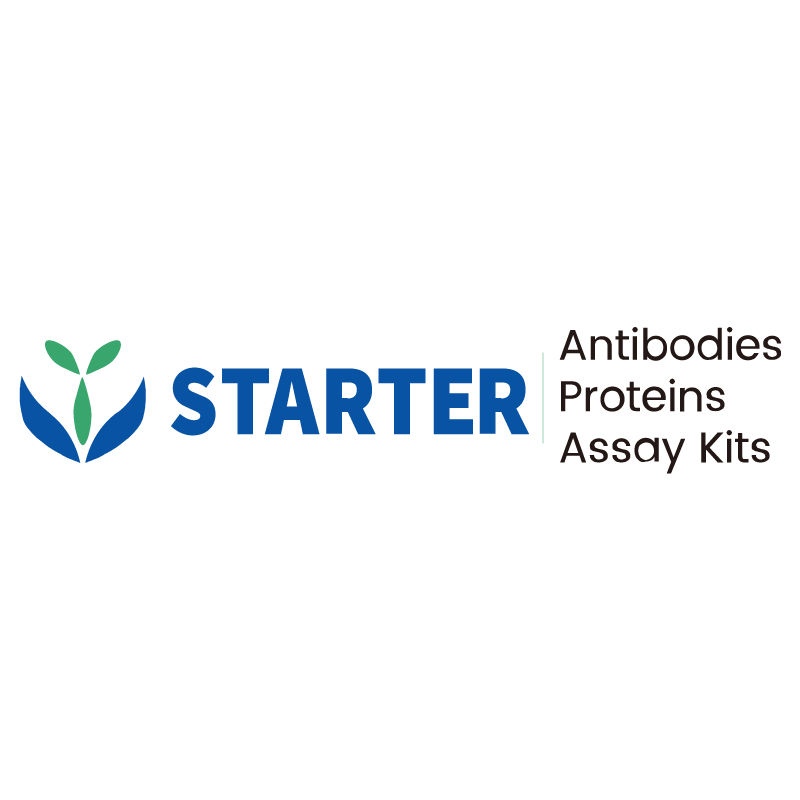Flow cytometric analysis of MCF7 (Human breast adenocarcinoma epithelial cell, Left) / A431 (Human epidermoid carcinoma epithelial cell, Right) labelling Human EGFR Antibody at 1/2000 dilution (0.1 μg) / (Red) compared with a Mouse IgG1, κ (Black) isotype control and an unlabelled control (cells without incubation with primary antibody and secondary antibody) (Blue). Goat Anti - Mouse IgG Alexa Fluor® 488 was used as the secondary antibody. Negative control: MCF7
Product Details
Product Details
Product Specification
| Host | Mouse |
| Antigen | EGFR |
| Synonyms | Epidermal growth factor receptor; Proto-oncogene c-ErbB-1; Receptor tyrosine-protein kinase erbB-1; ERBB; ERBB1; HER1 |
| Location | Nucleus, Endosome, Cell membrane, Endoplasmic reticulum |
| Accession | P00533 |
| Clone Number | S-SC033 |
| Antibody Type | Mouse mAb |
| Isotype | IgG1,k |
| Application | FCM |
| Reactivity | Hu |
| Positive Sample | A431 |
| Purification | Protein G |
| Concentration | 2 mg/ml |
| Conjugation | Unconjugated |
| Physical Appearance | Liquid |
| Storage Buffer | PBS pH7.4 |
| Stability & Storage | 12 months from date of receipt / reconstitution, 2 to 8 °C as supplied. |
Dilution
| application | dilution | species |
| FCM | 1:2000 | Hu |
Background
The EGFR (Epidermal Growth Factor Receptor) is a transmembrane glycoprotein located on the cell membrane and belongs to the ErbB receptor tyrosine kinase family (HER1/ErbB1). Its structure consists of three main domains: an extracellular region, a transmembrane region, and an intracellular region. The extracellular region contains four domains (I-IV), with domains II and IV being cysteine-rich and responsible for binding ligands (such as EGF and TGF-α), leading to receptor dimerization. The transmembrane region is a single α-helix that anchors the receptor in the cell membrane. The intracellular region possesses tyrosine kinase activity and includes a juxtamembrane domain, a kinase domain (with an ATP-binding site), and a C-terminal regulatory tail containing multiple autophosphorylation sites (e.g., Y992, Y1045, Y1068). EGFR activates downstream signaling pathways such as RAS/RAF/MEK/ERK and PI3K/AKT, regulating cell proliferation, differentiation, migration, and survival. Mutations or overexpression of EGFR are strongly associated with various cancers, including lung and colorectal cancers, making it a key target for drugs like gefitinib and osimertinib.
Picture
Picture
FC


